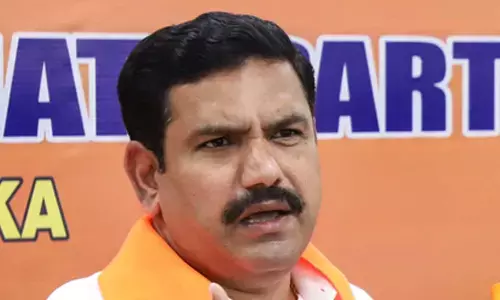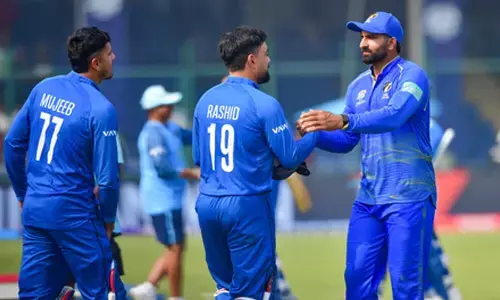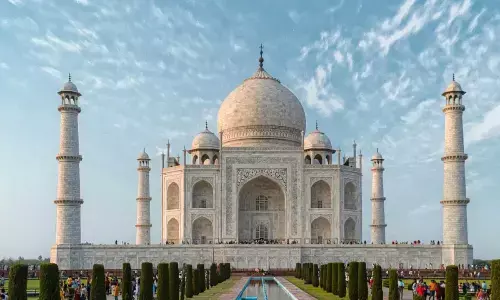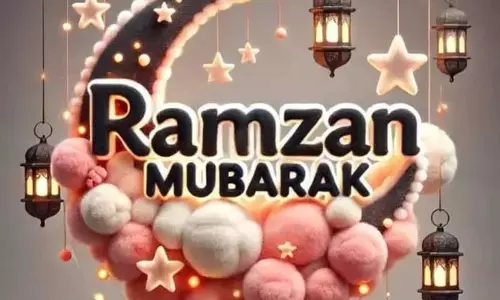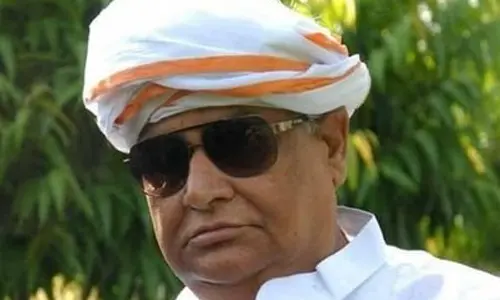People deeply bond when something terrible happens
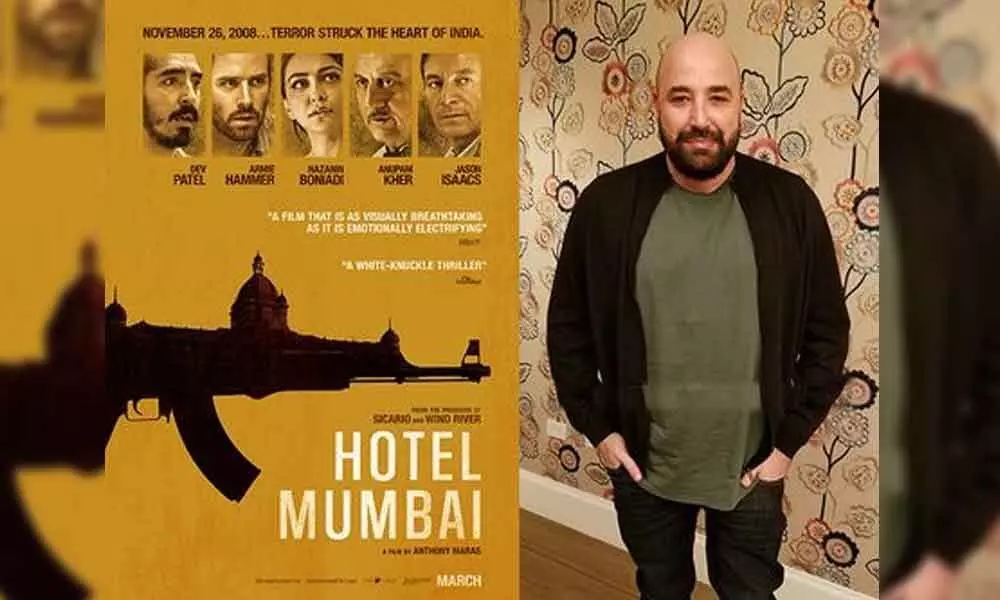
On this day 11 years ago, the 26/11 Mumbai terror attacks ended with Operation Black Tornado that culminated in the death of attackers at the Taj Hotel and "Hotel Mumbai" director Anthony Maras believes people tend to come together in the face of tragedies like these.
New Delhi : On this day 11 years ago, the 26/11 Mumbai terror attacks ended with Operation Black Tornado that culminated in the death of attackers at the Taj Hotel and "Hotel Mumbai" director Anthony Maras believes people tend to come together in the face of tragedies like these.
The Australian filmmaker said it was a great opportunity for him to delve deep into the emotions of the people of Mumbai who could see a ray of hope even in the darkest of situations.
"One of the frequent things that you would hear people say in the aftermath of the attacks is 'Mumbai is one, India is one'. It got people together.
I think there's something in the human psychology, where we deeply bond when something terrible has happened," Maras told PTI in an interview.
The director said during his research he was amazed how the 2008 attacks came as a moment of realisation for many survivors. "What was interesting about the attacks was that among a lot of the people who survived among the guests of the Taj had very profound self-realisation.
"After having gone through this, a wealthy hedge-fund banker in America gave up his job and started charities and NGOs to promote tolerance, understanding and education," he added.
Maras said the fact that the staff of The Taj Mahal Palace hotel managed to reopen it just two years after the attacks showed that they emerged even stronger post the horrendous incident.
"What you find when you see the movie, one of the most profound sequences is the footage of coverage of the reopening of the Taj two years later. They had people come from all across the world as well as all the surviving staff. "The message was 'we will not be cowed by this, we're stronger together'. It's amazing that people can find the positive, even in the darkest of situations."
The movie is based on the 2009 documentary "Surviving Mumbai" and the filmmaker said he got hooked on to the idea as it showcased how people from different walks of life united, keeping aside their social-economic backgrounds and beliefs.
"I had really only known about the Mumbai attacks through news coverage and after watching the documentary.
"The thing that struck me and really made me want to tell the story was this idea that you had all of these people from different walks of life, various races, religions, interesting social-economic backgrounds, put aside their differences and supported one another."
Members of Lashkar-e-Taiba (LeT), a terrorist organisation based in Pakistan carried out the 2008 attacks that killed 166 people.
While "Hotel Mumbai" has received praises for the emotional graph of the characters, the film has been criticised by a section for not pointing out the perpetrators of the crime and their nationality.
Maras, however, believes the film's credits clearly mention that the handlers of the attackers were in Pakistan. "It does mention the country. In terms of mentioning it on screen.
People have to actually watch the film first so that they could understand what the film is about. It is an account of what happened during that event.
"On the evening of the attack, and the following morning, no one -- the staff, the guests -- knew what was happening. None of the cops going in knew either. Obviously, it's a very sensitive issue and rightly so there are very big stakes and there's a lot of passion.
India and Pakistan go back a long way. It's an established fact that who's was behind it or who was involved," he said.
The film, which released on Friday, features an international cast including veteran Indian actor Anupam Kher and Indian-British actor Dev Patel.
The helmer said it was a creative challenge for him to work with people having different cultural approach to the craft and acting.
"It was credibly challenging. And, in terms of logistically how it happened, I think that the underlying story of what had happened in the Mumbai attacks holds immense power for storytellers to explore the things like that.
"... The other thing is we have to show the actors the detailed account of people the characters are based on. So a lot was there for the actors to sink their teeth into."


